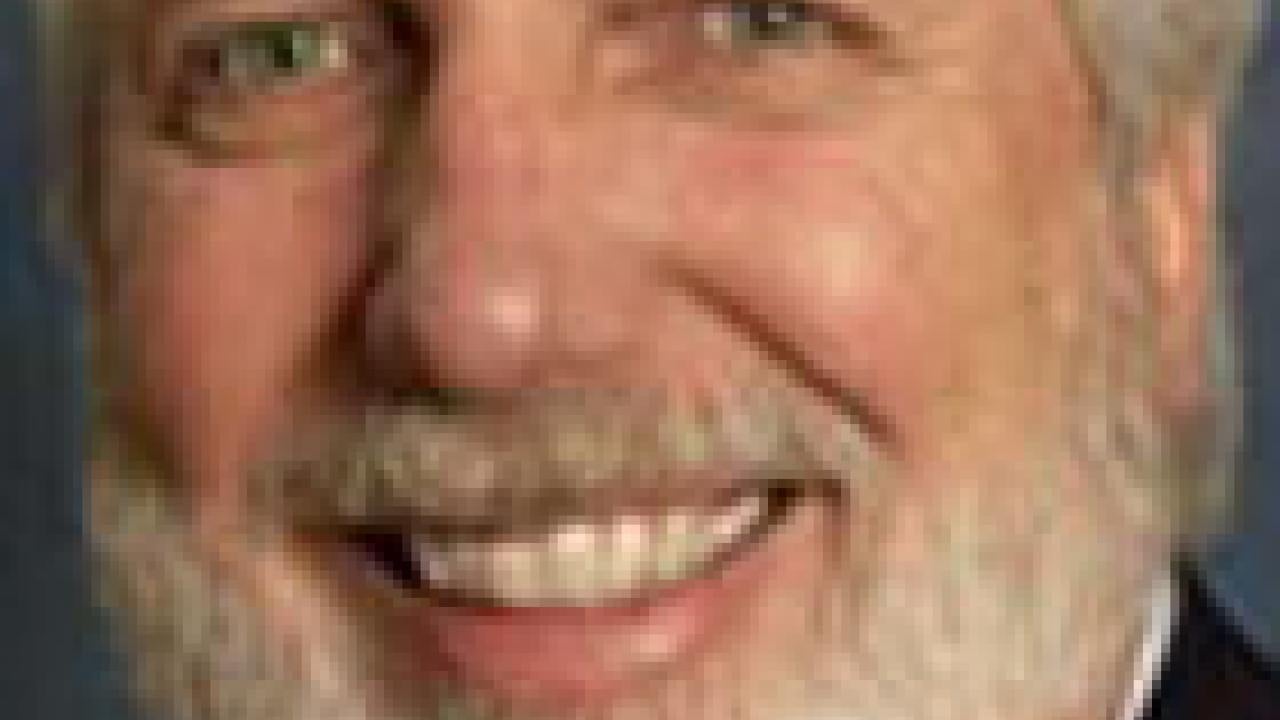Neal Van Alfen knows that if world hunger continues to get worse, we are in trouble as a civilization.
Van Alfen, the dean of the College of Agricultural and Environmental Sciences, received an in-depth perspective on the issue when he attended the Sept. 26 United Nations meeting on Partnering for Food Security in New York.
The food security meeting coincided with the opening of the 64th session of the UN General Assembly in New York. The meeting builds on the commitments made during the July 2009 G-8 Summit in L’Aquila, Italy. There, leaders from more than 25 countries and organizations agreed on principles to support country-led food security strategies. They also pledged $20 billion for this effort.
Rwanda and civil society
Like many others, Van Alfen sees a pressing problem that has no easy solution.
“Concern was expressed that we may not be able to produce enough food within 20 years to meet world demand,” he wrote in an e-mail to Chancellor Linda Katehi.
One of the most touching moments for Van Alfen came in an address by the president of Rwanda, Paul Kagame, who described his peoples’ efforts in rebuilding a nation after their devastating genocide experience in the 1990s.
“They have moved in a very short time from being a poster child for collapse of civil order into being a leader of how nations can restore a stable food system, a civil society and a nation,” he wrote in an e-mail to Dateline.
Back on campus, Van Alfen said researchers are working diligently on the hunger problem.
“Our faculty are engaged in many ways to assure that the world will have enough food in the future,” he said, citing efforts in plant genomics, for example.
In particular, scientists are studying how to grow food and produce animal food more efficiently, Van Alfen said.
“We are also seeking ways to grow food with less water and on land that currently would be considered marginal for agriculture,” he said.
Growing green food
But the problem is arguably a matter of societal commitment to efficient agriculture, Van Alfen said.
“I fear that unless significant new investments are made in agricultural research that food shortages caused both by increased demand for inefficiently produced food and lower yield increases will create food shortages in parts of the world, or will result in significant clearing of forests and grass lands for agriculture,” he said.
On the slowdown in productivity, Van Alfen noted recent research on this issue by UC Davis agricultural economist Julian Alston and others. (See related article, “Ag economists document decline in productivity.")
The ultimate challenge, the dean said, “is how to produce the food needed to sustain our increasing populations while protecting our environment.”
Finally, Van Alfen was impressed by the U.N.’s recognition of UC Davis’ agricultural stature.
“The fact that we were invited to this meeting and placed in a very prominent place among the world leaders in food and agriculture indicates the respect with which we are held in the world.”
More information: caes.ucdavis.edu.
Media Resources
Clifton B. Parker, Dateline, (530) 752-1932, cparker@ucdavis.edu
